Anthony Albanese vows to ’get down to business’
Anthony Albanese will be sworn in as prime minister on Monday, pledging to implement the Uluru Statement from the Heart in full and take tougher action on climate change.

Anthony Albanese will be sworn in as prime minister on Monday, pledging to implement the Uluru Statement from the Heart in full and take tougher action on climate change as Labor takes power for the first time in nine years.
Mr Albanese, who will fly to Tokyo with Penny Wong on Monday for the Quad leaders’ summit with US, Indian and Japanese leaders, promised to “get down to business’’ on Labor’s policy agenda when he returned on Wednesday.
Labor was on Sunday confident of forming majority government despite the ALP primary vote plunging to 32.8 per cent and the shock losses of frontbenchers Kristina Keneally and Terri Butler. In his victory speech at the Canterbury-Hurlstone Park RSL club on Saturday night, Mr Albanese thanked the “true believers” and declared “we have made history tonight”.
“Because I want to bring Australians together. I want to seek our common purpose and promote unity and not fear and optimism, not fear and division,” Mr Albanese said. “It is what I have sought to do throughout my political life. And what I will bring to the leadership of our country. It is a show of strength to collaborate and work with people, not weakness. I want to find that common ground where together we can plant our dreams.”
In Tokyo, Mr Albanese will meet US President Joe Biden, Indian Prime Minister Narendra Modi and Japanese Prime Minister Fumio Kishida.
Mr Biden spoke to Mr Albanese on Sunday to congratulate him and reaffirm the “United States’s steadfast commitment to the US-Australia alliance and his intent to work closely with the new government to make it stronger still”.
“President Biden expressed deep appreciation for the prime minister-designate’s own early commitment to the alliance, reflected in his decision to travel almost immediately to Tokyo to attend the Quad Summit — a vital opportunity to exchange views and continue to drive practical co-operation in the Indo-Pacific,” a White House readout said.
Mr Albanese said the Quad leaders’ meeting was an “absolute priority for Australia”.
“It enables us to send a message to the world that there is a change of government, there will be some changes in policy, particularly with regard to climate change and our engagement with the world on those issues,” he said.
Mr Albanese said he would “get down to business” when he arrived back in Australia on Wednesday, planning a face-to-face meeting in Canberra with state and territory leaders.
Scott Morrison, who conceded defeat on Saturday night, is expected to be replaced by Peter Dutton after revealing he would step down as leader at the next Liberal party room meeting.
The mass revolt by disillusioned voters against the major parties caught Coalition strategists off guard, with the wipe-out of 19 Liberal seats across five states and the loss of deputy leader Josh Frydenberg, Indigenous Australians Minister Ken Wyatt and rising star Dave Sharma.
Mr Morrison left Kirribilli House on Sunday morning and travelled to his church in Sydney’s Sutherland Shire. Mr Morrison held-back tears and told the Horizon Church congregation he had experienced a “very difficult walk over the last four years”.
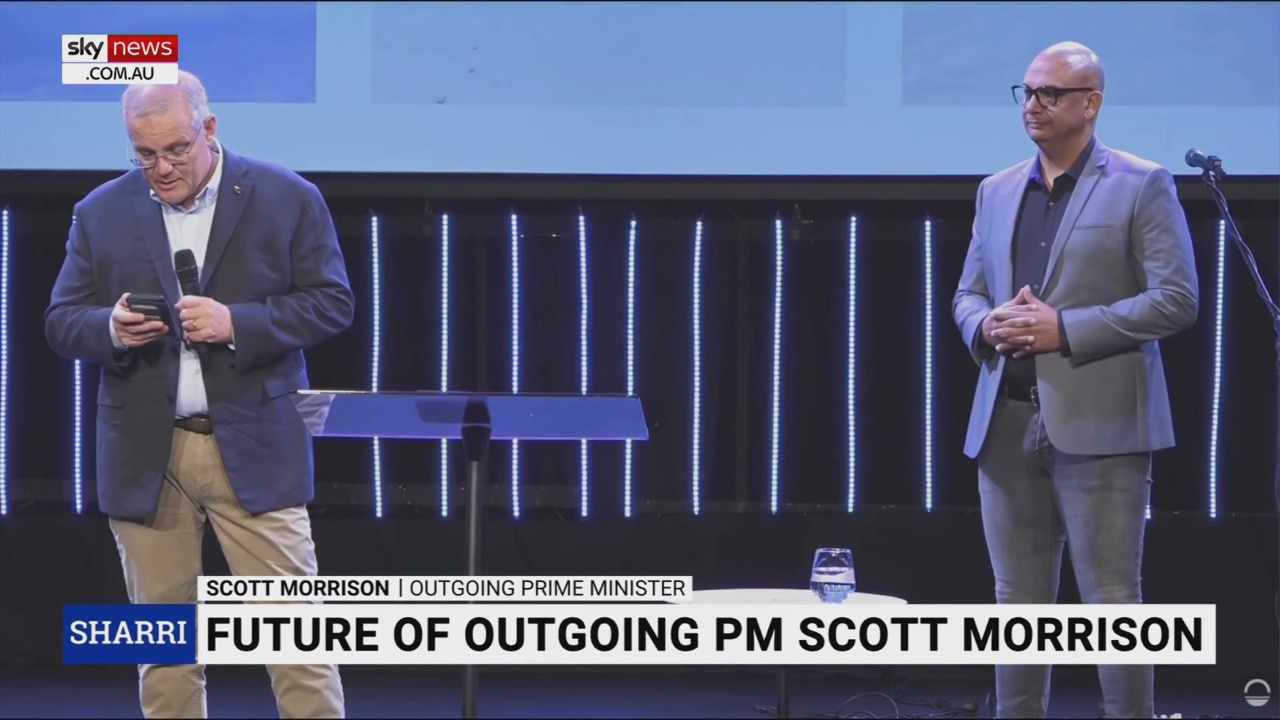
Mr Albanese’s historic election victory on Saturday night – making him the fourth Labor leader to take the party from opposition to government since World War II – was built on strong Greens preferences and a sweep of Liberal seats in Perth and Melbourne.
In a reshaping of the nation’s political landscape, Climate 200-backed teals, independents and the Greens were on track to win up to 10 city seats from the Liberals and Labor in Sydney, Brisbane, Melbourne and Perth.
Teal independents delivered the killer blow for Mr Morrison, claiming the previously safe Liberal seats of Kooyong, Wentworth, North Sydney, Goldstein, Mackellar and Curtin.
The unprecedented success of independents and minor parties means the 47th parliament will feature the largest crossbench in the nation’s history, including 10 teal independents, up to four Greens, Bob Katter and Dai Le.
The rise of the teals and Greens has sparked a structural crisis for the Liberals, with senior party figures warning of a long-term trend that will not be easily reversed.
Mr Albanese will share temporary control of every portfolio along with his four most senior MPs until the Labor caucus meets next week to finalise their ministerial line-up.
Deputy Labor leader Richard Marles will be sworn in as defence minister and perform the role of acting prime minister while Mr Albanese is away. Jim Chalmers, Katy Gallagher and Senator Wong will also be sworn in as treasurer, finance minister and foreign minister.
The 59-year-old incoming prime minister on Sunday described his election victory as a “really big moment”.
“I want it to be a big moment for the country,” he said. “I do want to change the country. I want to change the way that politics operates in this country.”
Liberal MPs were in shock after the election loss, with some criticising Mr Morrison’s unpopularity and others blaming the climate change pushback from the Nationals and Barnaby Joyce.
While Nationals MPs suffered swings against them, all 16 of the country party seats were held in addition to Ross Cadell winning a NSW Senate spot.
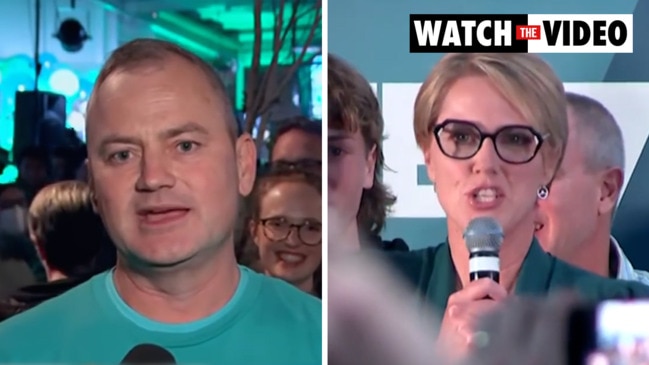
The Liberals’ moderate faction was decimated with the loss of up to 10 members, while frontbenchers including Mr Frydenberg, Mr Wyatt, Ben Morton, Zed Seselja and Michael Sukkar were facing defeat. The swing against the Liberals was 10.7 per cent in Western Australia and 5.5 per cent in Victoria.
However, the primary votes for both major parties were historically low, with Labor’s 32.8 per cent lower than Bill Shorten’s effort in 2019. Labor picked up a swath of seats from the Coalition across four states, including Chisholm, Higgins, Boothby, Pearce, Reid, Robertson, Swan, Tangney and Hasluck.
Greens leader Adam Bandt, who led the left-wing party to its greatest result in history, won an additional three Senate seats to claim a balance of power in the upper house with 12 senators. Climate 200-backed Senate candidate and former Wallabies captain David Pocock was expected to beat Senator Seselja in the ACT.
Mr Morrison’s hopes of winning Labor seats to offset losses failed to materialise on election night. High-profile recruit and former state minister Andrew Constance was narrowly ahead of Labor MP Fiona Phillips in the southern NSW seat of Gilmore.
Tasmania and Queensland were the strongest performing states for the Coalition, with the Nationals and Liberals holding Bass, Braddon, Longman, Flynn and Leichhardt.
In his concession speech on Saturday night, Mr Morrison took responsibility for the defeat.
“To my colleagues … who have had to deal with very difficult news, and have lost their seats tonight, I as leader take responsibility for the wins and the losses,” Mr Morrison said.




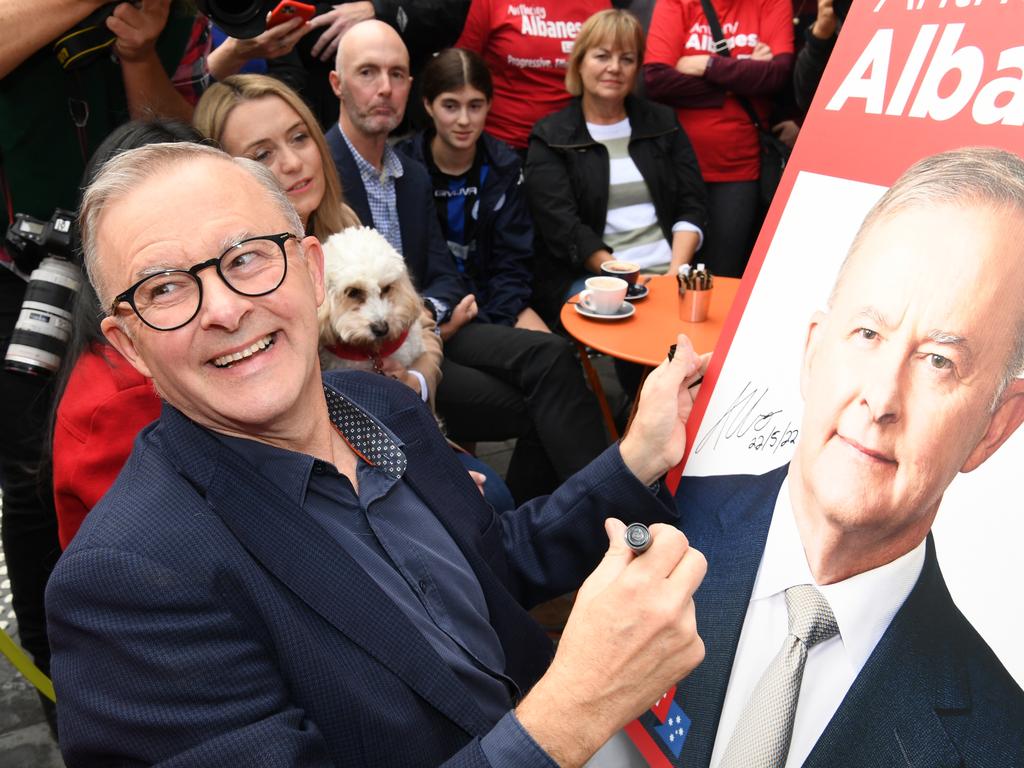

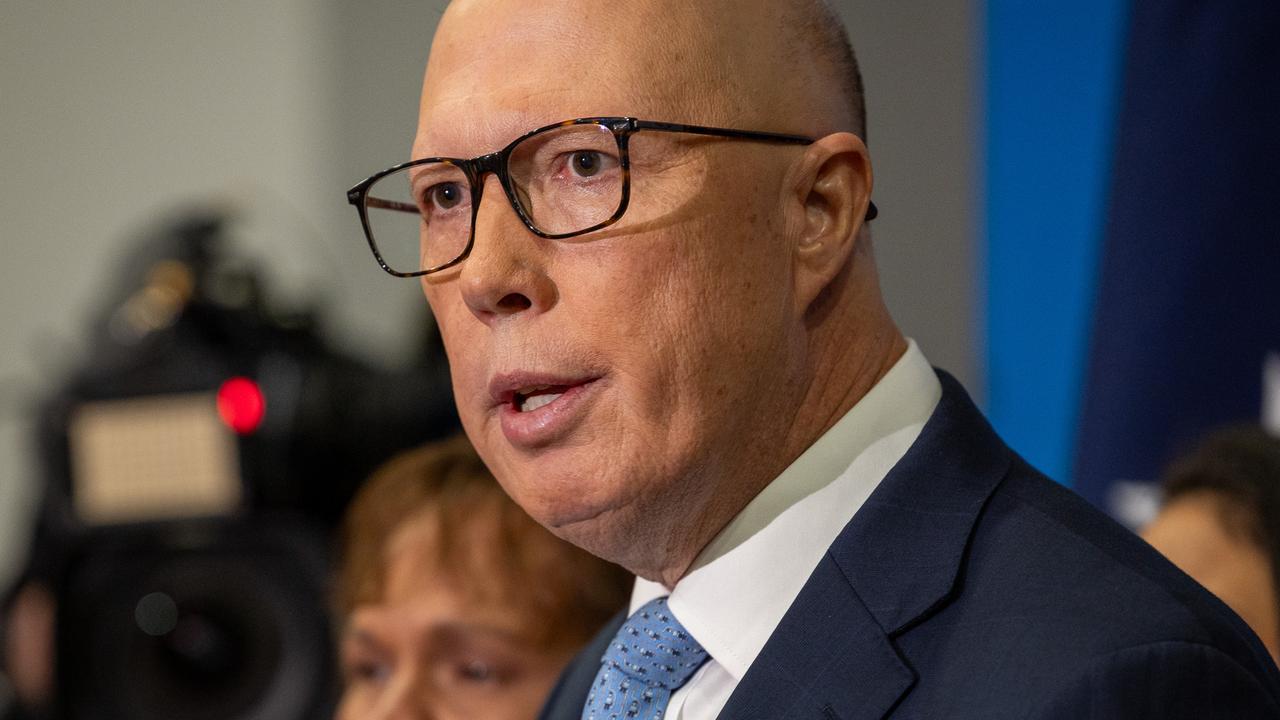
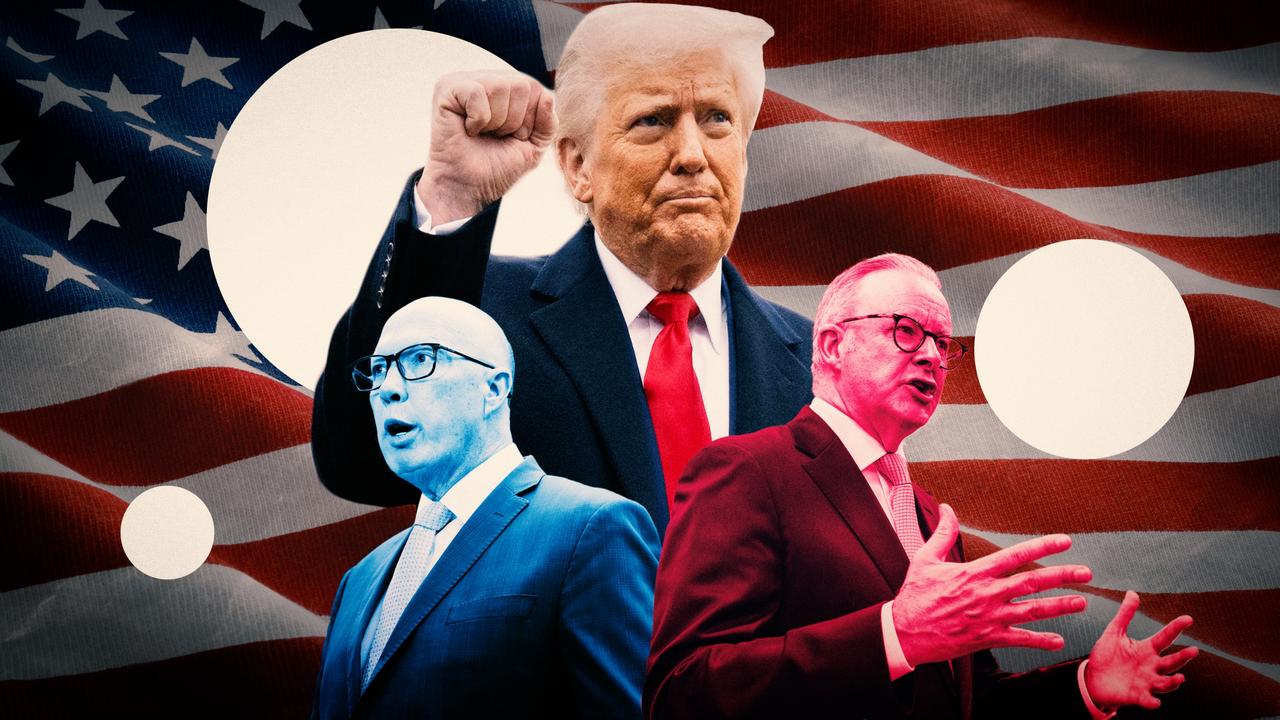
To join the conversation, please log in. Don't have an account? Register
Join the conversation, you are commenting as Logout